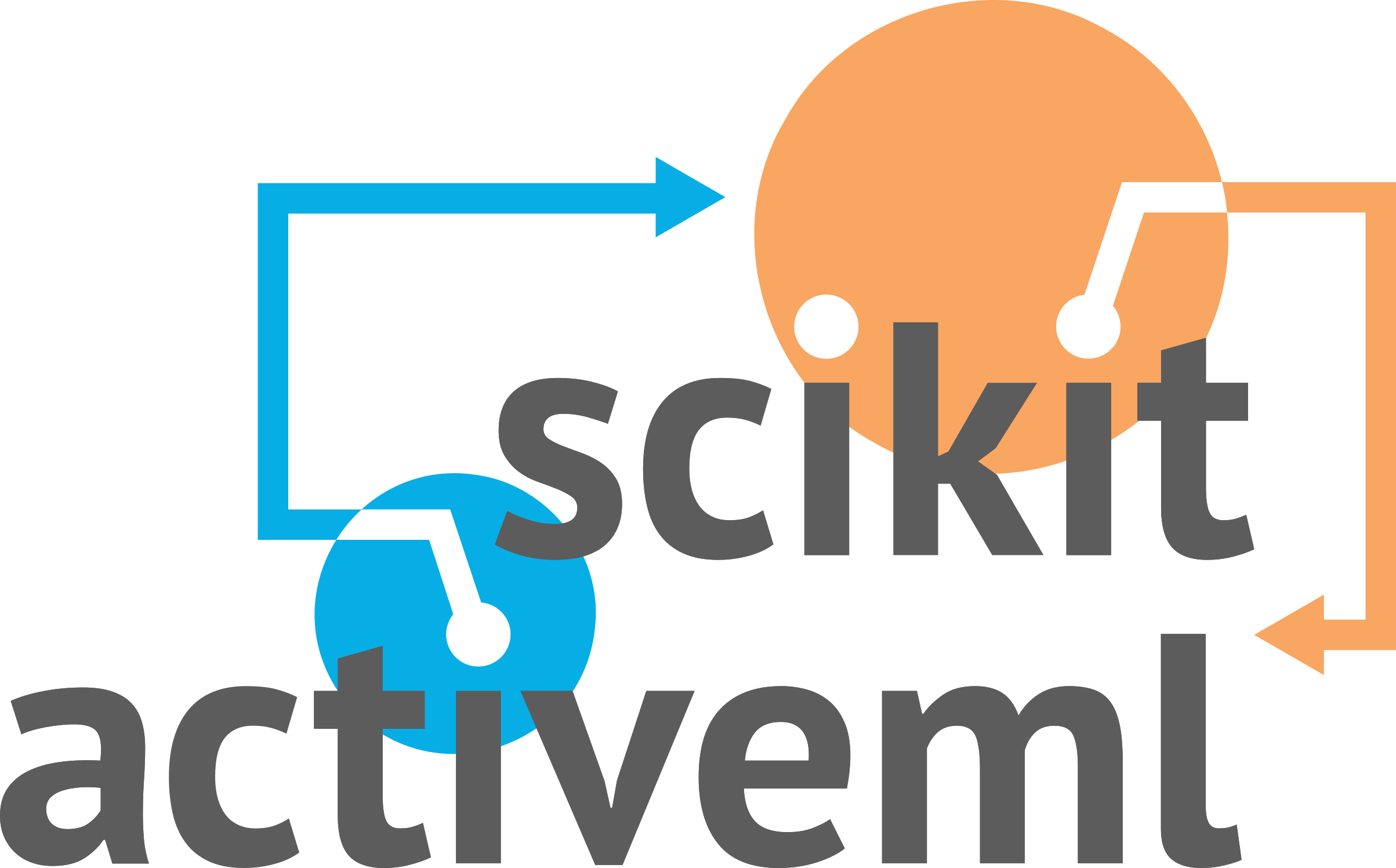"""
Module implementing TypiClust.
TypiClust is a deep active learning strategy suited for low budgets.
Its aim is to query typical examples with the corresponding high score
of 'typicality'.
"""
import numpy as np
from ..base import SingleAnnotatorPoolQueryStrategy
from ..utils import MISSING_LABEL, labeled_indices, check_scalar, rand_argmax
from copy import deepcopy
from inspect import signature
from sklearn.cluster import KMeans
from sklearn.neighbors import NearestNeighbors
[docs]
class TypiClust(SingleAnnotatorPoolQueryStrategy):
"""Typical Clustering (TypiClust)
This class implements the Typical Clustering (TypiClust) query strategy
[1]_, which clusters embeddings of both labeled and unlabeled data with
`n_clusters=n_labeled_samples + batch_size`, treating clusters that contain
labeled samples as covered. It then selects the most typical sample
(highest local density / smallest mean kNN distance) from up to
`batch_size` uncovered clusters, ensuring diversity while avoiding already
represented regions.
Parameters
----------
missing_label : scalar or string or np.nan or None, default=np.nan
Value to represent a missing label.
random_state : None or int or np.random.RandomState, default=None
The random state to use.
cluster_algo : ClusterMixin.__class__, default=KMeans
The cluster algorithm to be used.
cluster_algo_dict : dict, optional (default=None)
The parameters passed to the clustering algorithm `cluster_algo`,
excluding the parameter for the number of clusters.
n_cluster_param_name : string, default="n_clusters"
The name of the parameter for the number of clusters.
k : int, default=5
The number for k-nearest-neighbors for the computation of typicality.
References
----------
.. [1] G. Hacohen, A. Dekel, and D. Weinshall. Active Learning on a Budget:
Opposite Strategies Suit High and Low Budgets. In Int. Conf. Mach.
Learn., pages 8175–8195, 2022.
"""
def __init__(
self,
missing_label=MISSING_LABEL,
random_state=None,
cluster_algo=KMeans,
cluster_algo_dict=None,
n_cluster_param_name="n_clusters",
k=5,
):
super().__init__(
missing_label=missing_label, random_state=random_state
)
self.cluster_algo = cluster_algo
self.cluster_algo_dict = cluster_algo_dict
self.n_cluster_param_name = n_cluster_param_name
self.k = k
[docs]
def query(
self,
X,
y,
candidates=None,
batch_size=1,
return_utilities=False,
):
"""Determines for which candidate samples labels are to be queried.
Parameters
----------
X : array-like of shape (n_samples, n_features)
Training data set, usually complete, i.e., including the labeled
and unlabeled samples.
y : array-like of shape (n_samples,)
Labels of the training data set (possibly including unlabeled ones
indicated by `self.missing_label`).
candidates : None or array-like of shape (n_candidates), dtype=int or \
array-like of shape (n_candidates, n_features), default=None
- If `candidates` is `None`, the unlabeled samples from
`(X,y)` are considered as `candidates`.
- If `candidates` is of shape `(n_candidates,)` and of type
`int`, `candidates` is considered as the indices of the
samples in `(X,y)`.
batch_size : int, default=1
The number of samples to be selected in one AL cycle.
return_utilities : bool, default=False
If `True`, also return the utilities based on the query strategy.
Returns
-------
query_indices : numpy.ndarray of shape (batch_size)
The query indices indicate for which candidate sample a label is
to be queried, e.g., `query_indices[0]` indicates the first
selected sample. The indexing refers to the samples in `X`.
utilities : numpy.ndarray of shape (batch_size, n_samples) or \
numpy.ndarray of shape (batch_size, n_candidates)
The utilities of samples after each selected sample of the batch,
e.g., `utilities[0]` indicates the utilities used for selecting
the first sample (with index `query_indices[0]`) of the batch.
Utilities for labeled samples will be set to np.nan. The indexing
refers to the samples in `X`.
"""
X, y, candidates, batch_size, return_utilities = self._validate_data(
X, y, candidates, batch_size, return_utilities, reset=True
)
_, mapping = self._transform_candidates(
candidates, X, y, enforce_mapping=True
)
# Validate init parameter
check_scalar(self.k, "k", target_type=int, min_val=1)
if not (
isinstance(self.cluster_algo_dict, dict)
or self.cluster_algo_dict is None
):
raise TypeError(
"Please pass a dictionary with corresponding parameter name "
"and value in the `init` function."
)
cluster_algo_dict = (
{}
if self.cluster_algo_dict is None
else self.cluster_algo_dict.copy()
)
if not isinstance(self.n_cluster_param_name, str):
raise TypeError("`n_cluster_param_name` supports only string.")
labeled_sample_indices = labeled_indices(
y, missing_label=self.missing_label
)
# Set number of clusters.
n_clusters = len(labeled_sample_indices) + batch_size
cluster_algo_dict[self.n_cluster_param_name] = n_clusters
# Optionally, set random state.
cluster_algo_sig = signature(self.cluster_algo.__init__).parameters
algo_has_seed = "random_state" in cluster_algo_sig
dict_lacks_seed = "random_state" not in cluster_algo_dict
if self.random_state is not None and algo_has_seed and dict_lacks_seed:
cluster_algo_dict["random_state"] = deepcopy(self.random_state)
# Create object for clustering with given parameters.
cluster_obj = self.cluster_algo(**cluster_algo_dict)
cluster_labels = cluster_obj.fit_predict(X)
# determine number of samples per cluster and mask clusters with
# labeled samples
cluster_sizes = np.zeros(n_clusters)
cluster_ids, cluster_ids_sizes = np.unique(
cluster_labels, return_counts=True
)
cluster_sizes[cluster_ids] = cluster_ids_sizes
covered_cluster = np.unique(
[cluster_labels[i] for i in labeled_sample_indices]
)
if len(covered_cluster) > 0:
cluster_sizes[covered_cluster] = 0
utilities = np.full(shape=(batch_size, X.shape[0]), fill_value=np.nan)
query_indices = []
for i in range(batch_size):
if cluster_sizes.max() == 0:
typicality = np.ones(len(X))
else:
cluster_id = rand_argmax(
cluster_sizes, random_state=self.random_state_
)
is_cluster = cluster_labels == cluster_id
uncovered_samples_mapping = np.where(is_cluster)[0]
typicality = _typicality(X, uncovered_samples_mapping, self.k)
utilities[i, mapping] = typicality[mapping]
utilities[i, query_indices] = np.nan
idx = rand_argmax(
typicality[mapping], random_state=self.random_state_
)
idx = mapping[idx[0]]
query_indices = np.append(query_indices, [idx]).astype(int)
cluster_sizes[cluster_id] = 0
if return_utilities:
return query_indices, utilities
else:
return query_indices
def _typicality(X, uncovered_samples_mapping, k, eps=1e-7):
"""
Calculation the typicality of samples `X` in uncovered clusters.
Parameters
----------
X : array-like of shape (n_samples, n_features)
Training data set, usually complete, i.e., including the labeled and
unlabeled samples.
uncovered_samples_mapping : np.ndarray of shape (n_candidates,),
default=None
Index array that maps `candidates` to `X_for_cluster`.
k : int
k for computation of k nearst neighbors.
eps : float > 0, default=1e-7
Minimum distance sum to compute typicality.
Returns
-------
typicality : numpy.ndarray of shape (n_X)
The typicality of all uncovered samples in X
"""
typicality = np.full(shape=X.shape[0], fill_value=-np.inf)
if len(uncovered_samples_mapping) == 1:
typicality[uncovered_samples_mapping] = 1
return typicality
k = np.min((len(uncovered_samples_mapping) - 1, k))
nn = NearestNeighbors(n_neighbors=k + 1).fit(X[uncovered_samples_mapping])
dist_matrix_sort_inc, _ = nn.kneighbors(
X[uncovered_samples_mapping], n_neighbors=k + 1, return_distance=True
)
knn = np.sum(dist_matrix_sort_inc, axis=1) + eps
typi = ((1 / k) * knn) ** (-1)
typicality[uncovered_samples_mapping] = typi
return typicality
